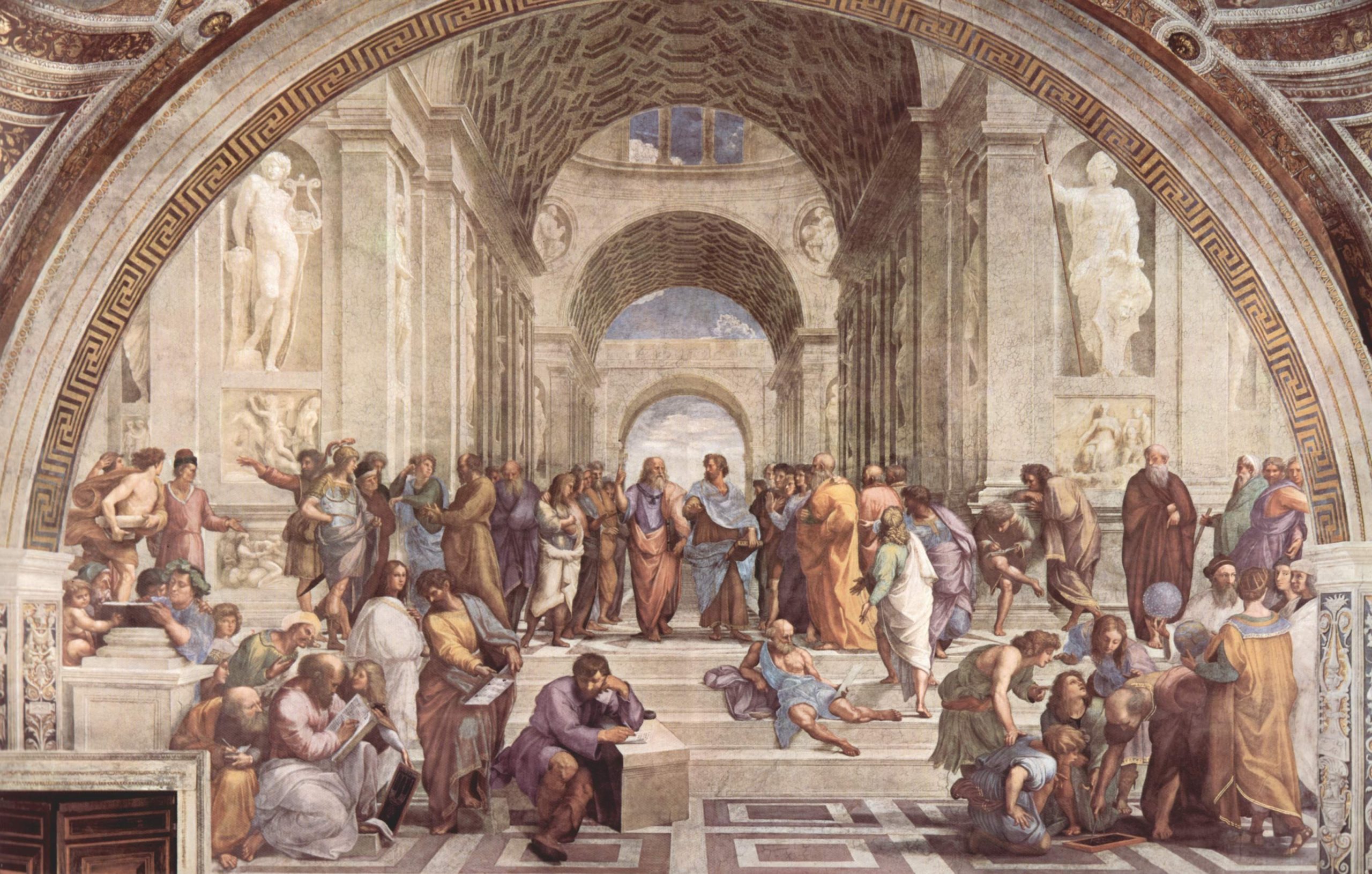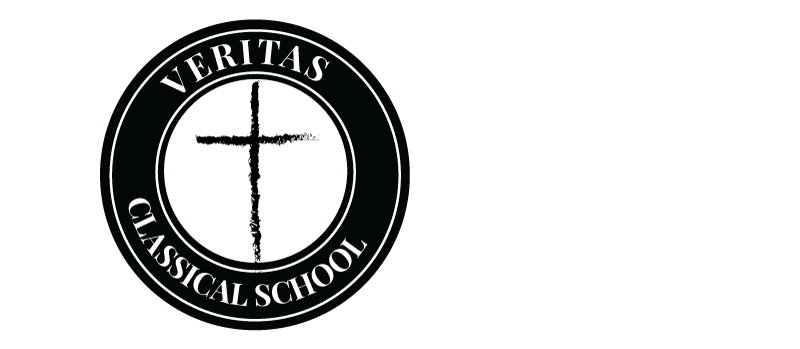
About Classical Christian Education
Classical Christian Education (CCE) is a time-tested educational structure that trains the mind, cultivates the heart, and establishes a biblical worldview.
The Trivium
The tools of learning (The Trivium) and how to use the tools to coincide with child development are explained in Dorothy Sayer’s 1948 essay, “The Lost Tools of Learning.”
The Trivium is comprised of the following stages:
- Grammar (elementary)
- Logic (middle)
- Rhetoric (high school)
The Trivium builds a student’s education from the foundation up. Understanding how to learn and how to think well is the result.
Grammar
The Foundation
The grammar stage student (Grades 1-4) learns the “grammar” or conventions and basic facts of each academic subject through song, repetition, and play. Observation, narration, recitation, dictation, copy work, and memorization are key to a strong academic foundation. The facts acquired in this stage create pegs in the child’s mind from which to hang future information.
Logic
Building on the Foundation
The logic stage student (Grades 5-8) continues to build their “storehouse of knowledge” by connecting the facts learned in the grammar stage to discover connections among them. Children are naturally argumentative in this stage, so they are encouraged to question, to analyze the validity of others’ arguments by practicing logic, to organize thoughts logically, and to think critically while interacting with subjects.
Rhetoric
Bringing it All Together
Last, the student enters the rhetoric stage (Grades 9-12). Expressing oneself—both in writing and verbally—fluently, gracefully, elegantly, and persuasively is the focus of the final stage of The Trivium. All the facts learned in the grammar stage and all the logic and reason practiced in the logic stage are available for the rhetoric student to—as described by Dorothy Sayers— throw open “the doors of the storehouse of knowledge” to browse about and piece together new, authentic, deeper insights into God’s truth and perfect order.
Defining Characteristics of Classical Christian Education
Christ Centered
The Bible is truth, so examining knowledge through the lens of God’s word guides the Classical Christian student to the transforming truth of Christ.
Cross Curricular
Integrating subjects around the keystone that God is the Creator, and all knowledge is interconnected and points back to Him renders this approach to education cross curricular. History is taught chronologically, and other subjects are folded into the time period studied whenever possible. Classic literature containing themes that span across the ages and ignite meaningful conversations cultivate depth of thought. Pointing out lateral connections among subjects and vertical connections to God guide students to become life-long learners.
Considers the Whole Person
A goal of CCE is to cultivate a life- long love of truth, goodness, and beauty. The teaching standards are high but more importantly is instilling within the learner a love of high standards. Regurgitating information for a test is not the end goal of CCE, but rather the goal is claiming God’s truth as the learner’s own.
Parenting is Discipleship
CCE acknowledges that parents are the primary agents for nurturing the academic and spiritual growth of their children.

